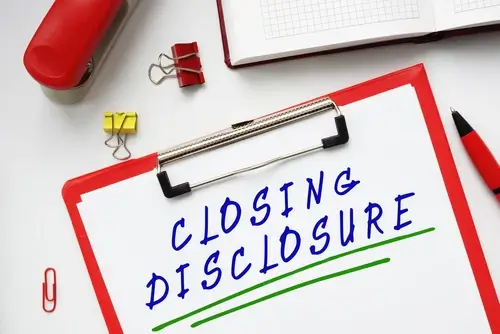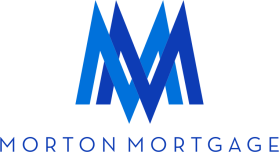

As you finalize your mortgage loan, your lender will give you a document called the closing disclosure. It contains lots of important information about your loan that you need to review and sign off on before you start your new mortgage. Although the pages are filled with details, learning about the format can help you make sense of your closing disclosure.
What is a Closing Disclosure?
This is a five-page statement of mortgage terms as well as the estimated closing costs and monthly payments. The form is the same from lender to lender, so if you’ve had a mortgage before, the paperwork will look familiar.
Lenders are required to provide you with the closing disclosure at least three days before closing, allowing your time to completely review the document, check for accuracy, and ask any last questions you may have. It is in your best interest to thoroughly read through the disclosure so that there are no surprises when the loan does finally close. It is also best to review the document well before the end of the three days in order to have enough time to clear up any errors and work out any questions or concerns you have.
PAGE 1
Identifying Information
The first section will include the contract basics, including the names of all parties, addresses involved, home sale price, relevant dates, length and type of mortgage loan.
Loan Terms
The next part lists the loan amount, interest rate, and monthly principal and interest. If there are prepayment penalties or balloon payments they will be clearly indicated here. This is the time to double check that the interest rate you are receiving is the one you were promised. Projected Payments
This section spells out your total estimated monthly mortgage payment as well as estimated taxes, homeowners insurance costs, and any homeowners association dues.
Costs at Closing
This is a summary of the fees you will pay in closing costs. The total could be slightly different than the original estimate, so make sure you pay close attention to the exact number in the closing disclosure.
PAGE 2
This page goes into even greater detail about the loan costs. This will list out the origination charges and all the other service charges that went into creating your mortgage. There will be a section labeled ‘Services Borrower Did Not Shop For’ which could include the appraisal fee, credit report fee, flood determination fee, and tax status research fee.
PAGE 3
This page is a line-by-line breakdown of the amount of cash required at closing, including the closing costs, down payment, and sometimes prepayment of principal, interest, taxes, and insurance premiums.
PAGE 4
This page indicates what you will pay in late fees if you fail to pay your monthly mortgage payment on time and whether your lender will accept partial payments.
The next section on the page provides the details of the loan’s escrow account, where your taxes and homeowners insurance will be held until the total is due.
PAGE 5
The last page provides the loan APR, finance charges, and total amount of interest you’ll pay on the mortgage. It also provides explanations about foreclosure and refinancing as well as the name and contact info for the settlement agent and mortgage and real estate brokers.
One of the best ways to review your closing disclosure is to compare it to your loan estimate, looking for costs that increased dramatically between them. Also, be sure to immediately report any errors you see and ask to clarify any concerns you have.
If have a question about a Loan Estimate or Closing Disclosure from us or from any other mortgage company and would like help making sense of it - please give us a call today!
